-
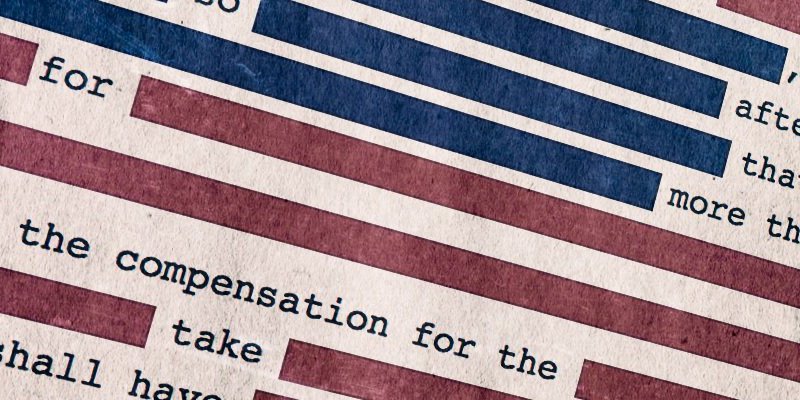
We need to talk about █████: JFK records and how arbitrary classification hurts democracy
The underwhelming nature of the so-called “final release” of records related to the JFK assassination provides an excellent opportunity to talk about our culture’s curious acceptance of “classified” history.
-
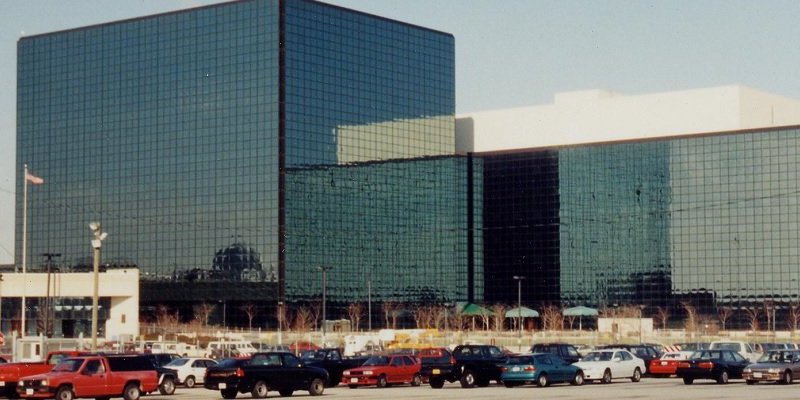
NSA wanted to use the Espionage Act to prosecute a journalist for using FOIA
Declassified documents in the Central Intelligence Agency’s archives show that while the CIA was looking to include the Freedom Of Information Act in its war on leaks, the National Security Agency was seriously considering using the Espionage Act to target Puzzle Palace author James Bamford for using FOIA.
-

The mystery of disgraced CIA spymaster James Angleton’s “retirement”
Soon after legendary spymaster and CIA counterintelligence chief James Angleton’s intelligence career supposedly ended with his forced retirement in December 1974 due to the exposure of CIA wrongdoing, he returned to the Agency, where counterintelligence operations reportedly remained under his purview until late 1975.
-
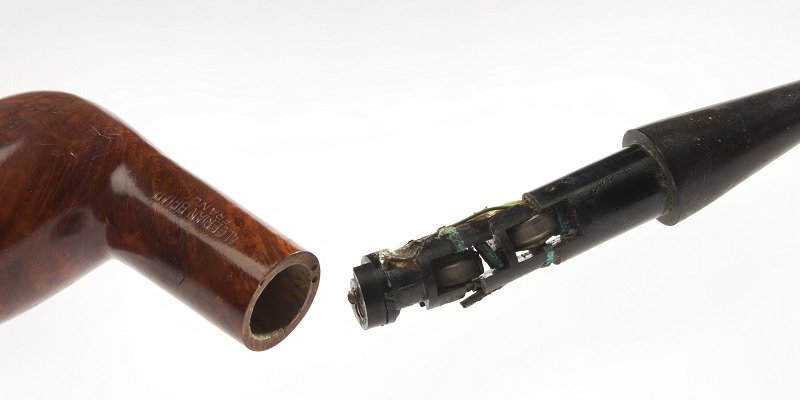
The alphabet of CIA gadgets
The Central Intelligence Agency’s bag of tricks is a veritable a-to-z of dubious doodads. Here’s 26 of the strangest.
-

CIA included FOIA in its war on leaks
A set of Central Intelligence Agency documents originally marked CONFIDENTIAL and labeled “Initiatives to Deal with Leaks” outlines the recommendations of the CIA Director’s Security Committee for responding to the Intelligence Community’s ongoing leak problems. These recommendations included several notes about limiting the Agency’s exposure to FOIA, arguing that FOIA’s “climate of transparency” encouraged leaks.
-
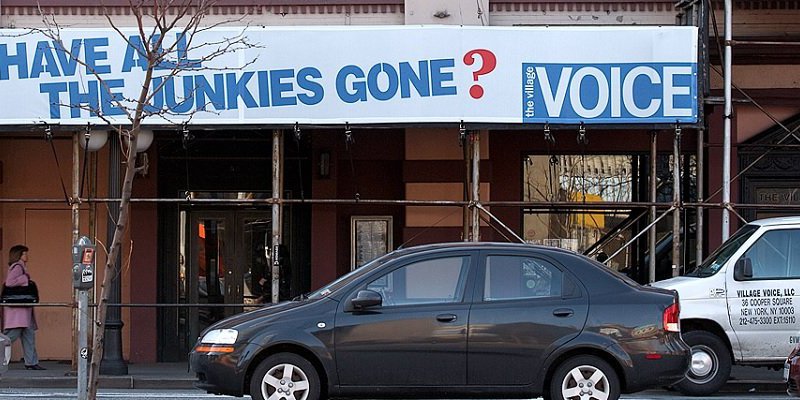
Thanks to the CIA, you can read the report the CIA doesn’t want you to read
On February 16, 1976, the Village Voice went to press with an emblazoned “The Report on the CIA That President Ford Doesn’t Want You to Read.” Inside was a leaked copy on the findings of the Pike Committee, a lesser-known (and arguably more damning) companion to the Church Committee - and thanks to the Agency’s obsessive scrapbooking, you can read the full issue scanned into their declassified archives.
-

CIA’s 60 year war with the Government Accountability Office: 1975 Part 1
The 1975 Pike Committee’s report was an immediate problem for the Agency, and inevitably resulting in recommendations that the Central Intelligence Agency was desperate to avoid. These concerns, it seemed, were well founded, as the Committee ultimately recommended that the Government Accountability Office be granted audit authority over CIA - recommendations that CIA was able to, once again, successfully prevent from being implemented.
-
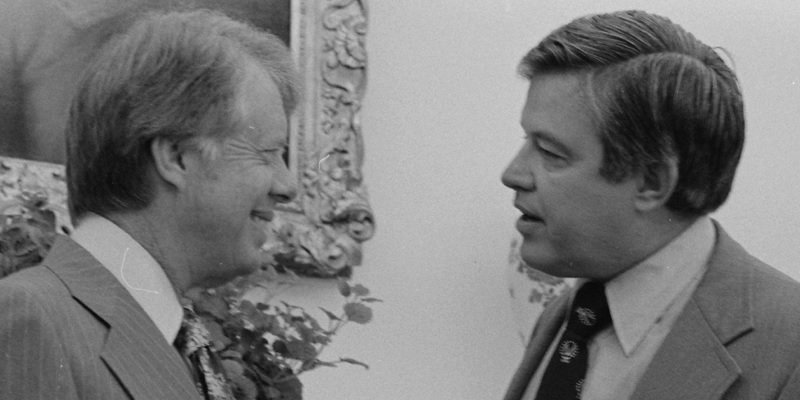
In private, Intelligence Community compared the Church Committee to their own personal Holocaust
Decades before Donald Trump infamously compared the CIA to Nazi Germany, the National Security Council made its own allusion to the Holocaust - the difference was that in the NSC’s version, it was CIA that was cast as the potential victim of a “Final Solution” that might be imposed by Congress in response to the exposure of the Agency’s illegal and improper activities.
-
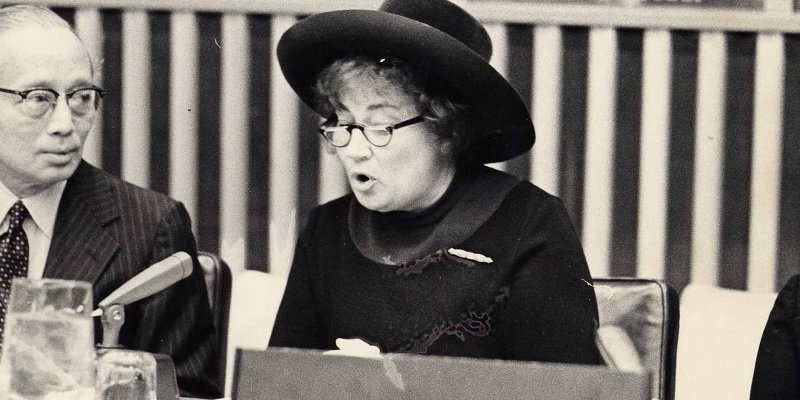
When Congresswoman Bella Abzug and the CIA went to war
Congresswoman Bella Abzug infamously had issues with trusting CIA when it came to their handling evidence of illegal and improper Agency activities. Internal memos shows those fears were well-founded - while the Congresswoman fought to prevent the destruction of records of CIA wrongdoing, the Agency rushed to begin destroying everything they could.
-
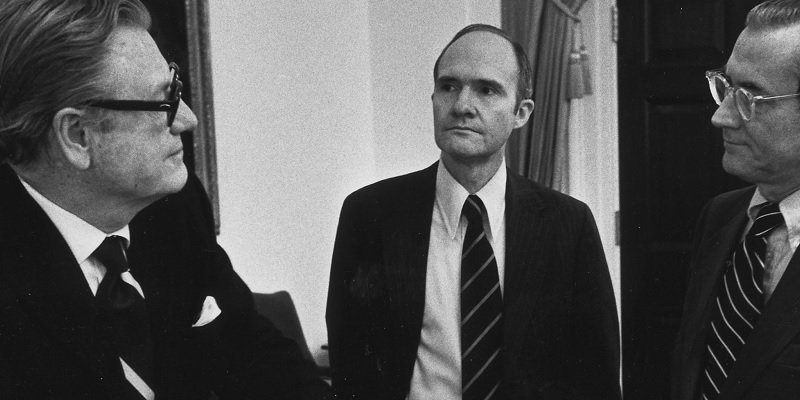
Dead cats, fouled nests, and the book of horrors - inside the CIA’s darkest hour
A pair of declassified memos from January 4, 1975 reveal just how contentious things were in the lead-up to the Rockefeller Commission and the Church Committee, with recent exposés having rocked the American public’s faith in the government, already strained by the still-fresh memories of Watergate, and undermined CIA’s legitimacy.